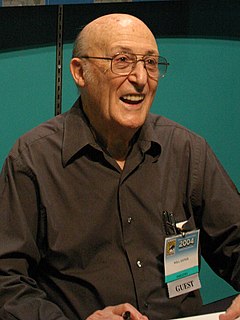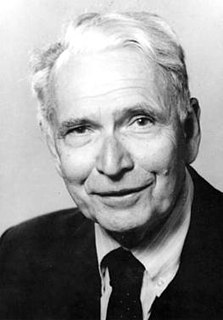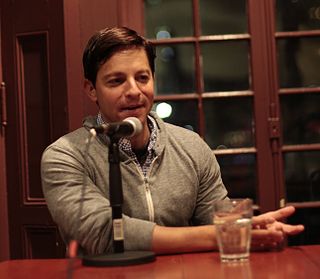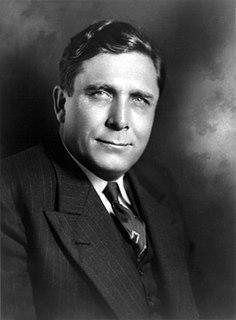A Quote by Ambrose Bierce
plagiarism, n. A literary coincidence compounded of a discreditable priority and an honorable subsequence.
Quote Topics
Related Quotes
So it's a coincidence. Just like you said. Two rich parents with two rich kids at the same school. They're both killed in accidents. Why are you so interested?" "Because I don't like coincidence," Blunt replied. "In fact, I don't believe in coincidence. Where some people see coincidence, I see conspiracy. That's my job.
People are entirely too disbelieving of coincidence. They are far too ready to dismiss it and to build arcane structures of extremely rickety substance in order to avoid it. I, on the other hand, see coincidence everywhere as an inevitable consequence of the laws of probability, according to which having no unusual coincidence is far more unusual than any coincidence could possibly be.
A scientific autobiography belongs to a most awkward literary genre. If the difficulties facing a man trying to record his life are great - and few have overcome them successfully - they are compounded in the case of scientists, of whom many lead monotonous and uneventful lives and who, besides, often do not know how to write . . .
I think a very clear cut example of - dare I say - plagiarism is the Sam Smith-Tom Petty situation, where you have a song that is flagrantly... it is the hook from one song being used for another song. To me, that was a very obvious example of plagiarism. If somebody had done that to me, I would probably take a similar course of action.
































